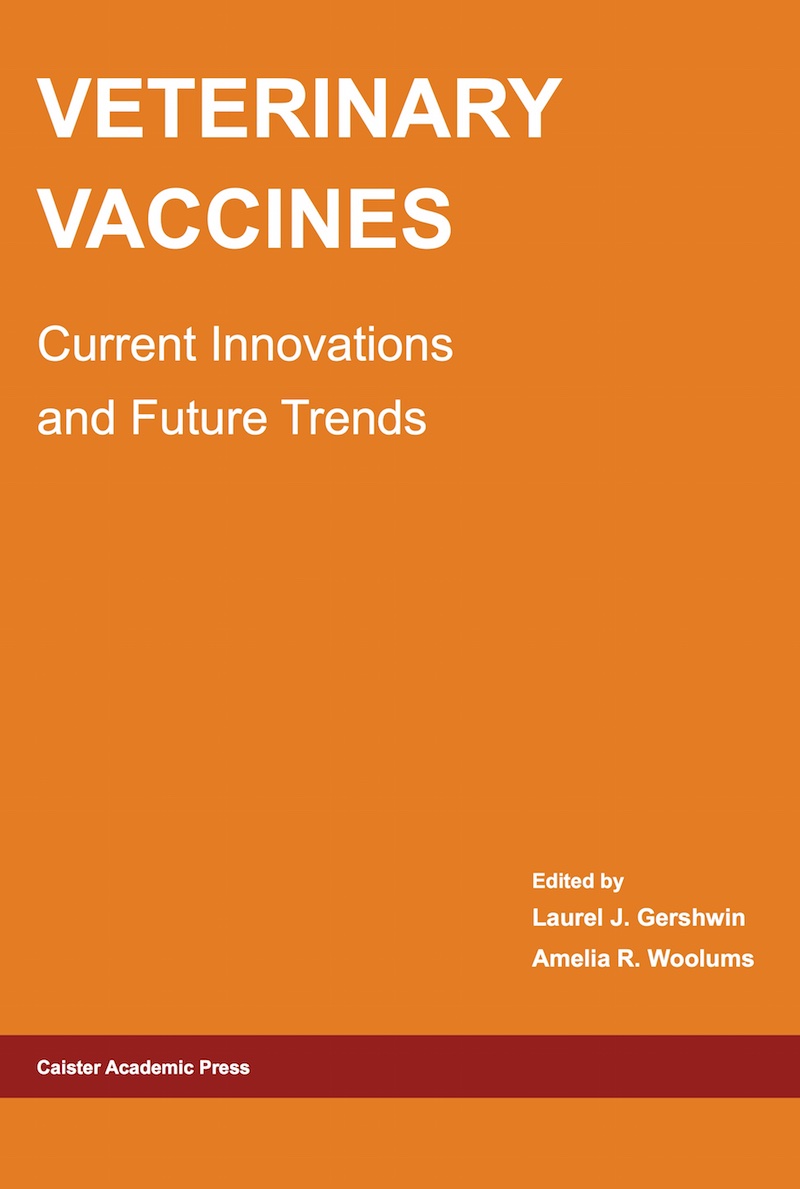Host Transcriptome Responses to Yersinia pestis Infection
Zongmin Du and Ruifu Yang
from: Yersinia: Systems Biology and Control (Edited by: Elisabeth Carniel and B. Joseph Hinnebusch). Caister Academic Press, U.K. (2012)
Abstract
Yersinia pestis, the etiological agent of plague, is highly virulent and has acquired an ability to transmit among hosts via fleabite. The high bacterial load in the blood meal from terminal septicemic rodents makes the fleabite transmission route feasible. Molecular mechanisms underlying the high virulence and the unique transmission strategy of Y. pestis have not been clearly elucidated till now. Host transcriptomic responses to Y. pestis in host immune cells or in infected tissues have provided valuable insights into the pathogenic mechanisms adopted by this pathogen. It is now established by detailed histopathology analysis and transcriptional profiling studies on infected animal tissues that the immune response is delayed in both bubonic and pneumonic plague animal models, and neutrophil infiltration and proinflammatory cytokine production occur only after the infection progresses into a systemic septicemic stage. This chapter reviews the recent progress in studies on the host transcriptional responses to Y. pestis infection and prospects the future trends that will lead us to go further in probing into the pathogenicity of this pathogen read more ...



